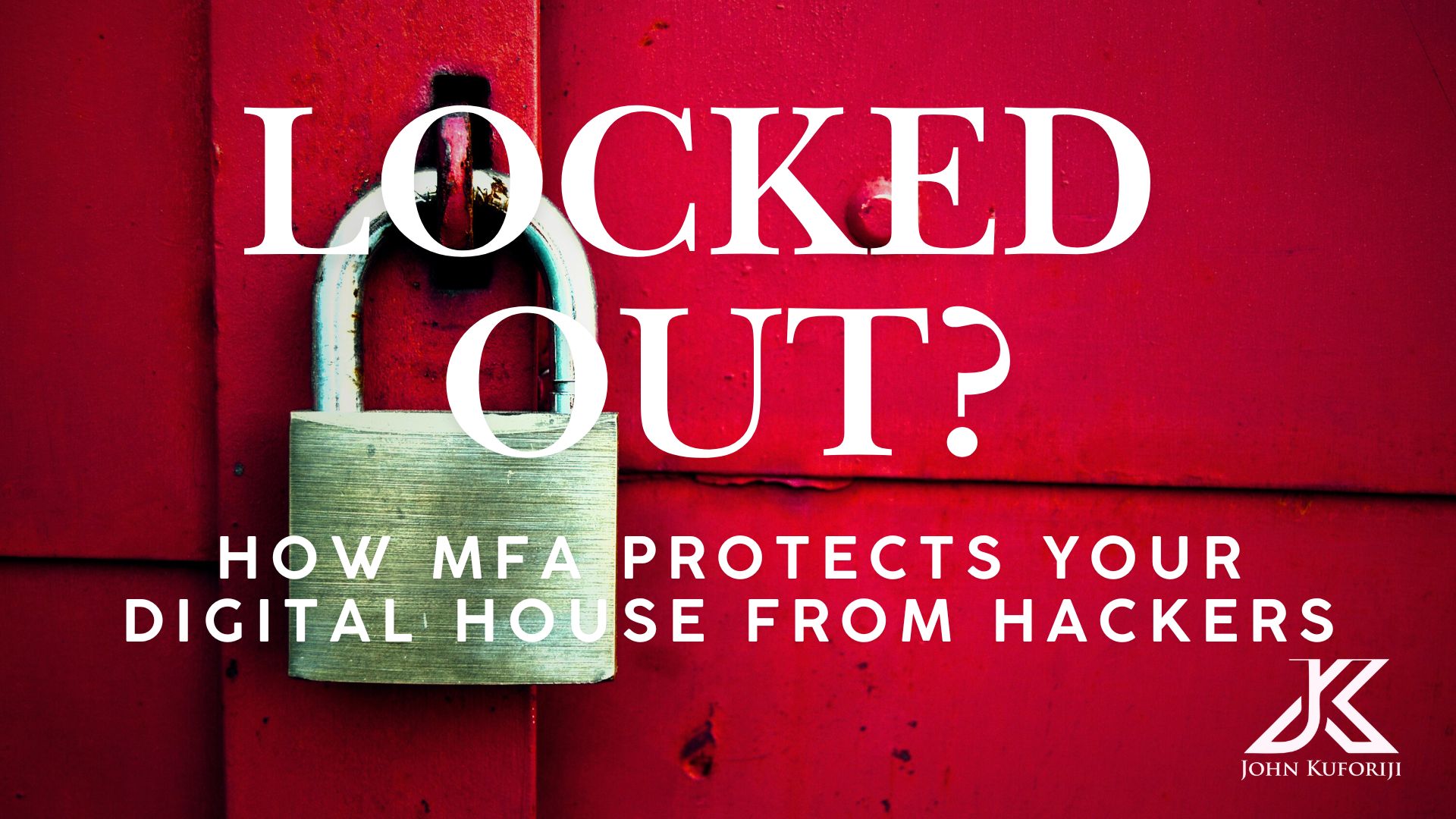Picture this—you come home late one night after a long day at work. Your mind is racing, but all you want is to get inside and relax. You reach into your pocket for your house key, only to find an alarming emptiness. Panic sweeps over you. Where did you put it? Did you drop it somewhere?
You rummage through your bag, check your jacket pockets, even look in your shoes (let’s be real, you never know where keys might end up!). But nothing. Now you’re standing outside, feeling exposed, knowing that anyone who finds your lost key could stroll right into your home.
Now, imagine if your home had an extra layer of security to prevent this feeling of helplessness.
This is where Multi-Factor Authentication (MFA) comes into play.
Think of your house key as your password—it’s the primary way you access your home. But just like keys can get lost or stolen, passwords can be compromised too. That’s where MFA acts as the second lock, something that’s uniquely yours and much harder to bypass.
Instead of just a key, envision a facial recognition scanner next to your door. Even if someone finds your key, they still can’t get in without your face being recognized. That’s the strength of MFA—it uses two or more methods to verify your identity before granting access.
So, why should you consider using MFA?
- 🔐 Stronger Protection: If someone steals your password, they still can’t get through without the second layer, whether that’s your face, a fingerprint, or a code that only you receive.
- 📵 Prevents Unauthorized Access: Even if hackers try to break in, they’re stopped at that second lock, giving you peace of mind.
- 📩 Alerts You to Suspicious Activity: Many MFA systems send you alerts if someone tries to log in from an unfamiliar device, allowing you to take action quickly.
Think about your email or banking accounts. If someone manages to guess your password, they could potentially wreak havoc on your personal information or finances. However, with MFA in place, they’d also need access to your phone or fingerprint, making it significantly more difficult for them.
Just like adding that second lock to your front door keeps intruders at bay, incorporating MFA into your online life helps protect your most valuable assets. So next time you log in, ask yourself:
Is my digital home secure with more than just a key?
Because in today’s world, relying on a single layer of security just doesn’t cut it. 🏡🔑🔒

